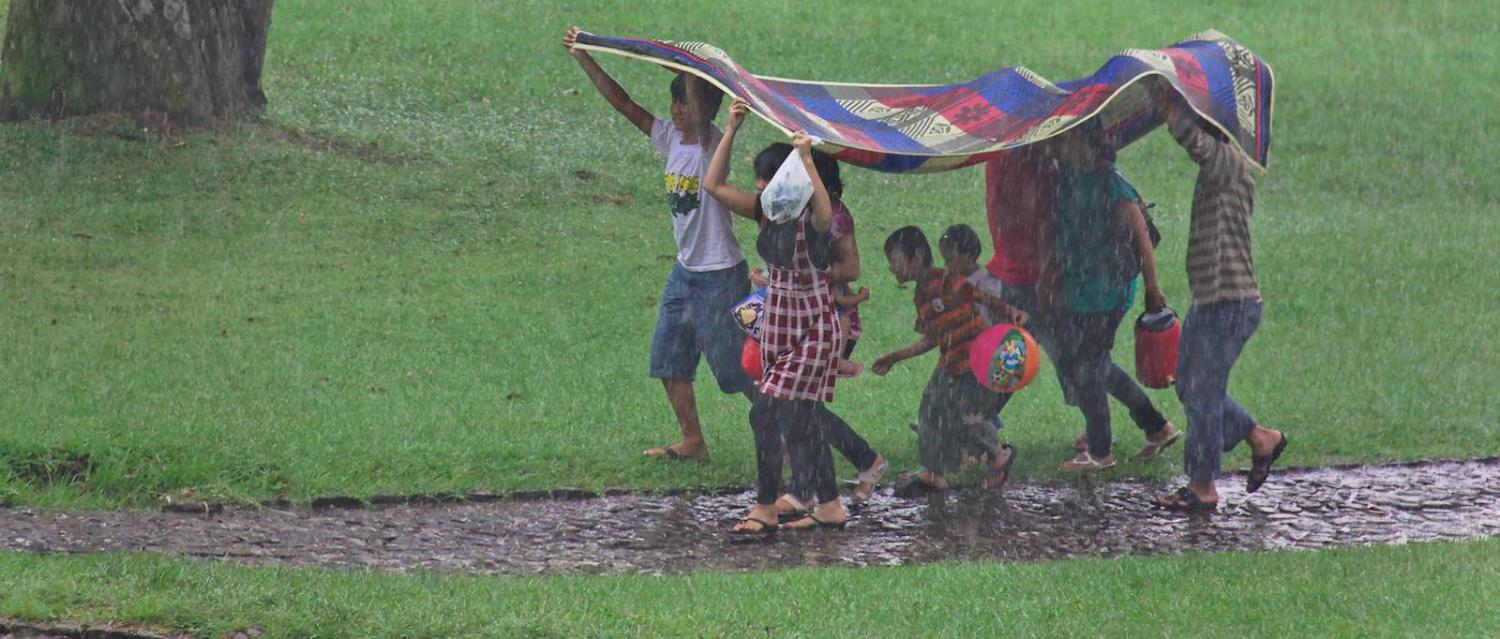- Terence Wood provides a good take on this Guardian op-ed from a group of development notables decrying foreign aid. Aid is not perfect, but is better than inaction.
- Working in development involves collecting a lot of data. But without adequate visualisation, the value of this data can be lost. Data to Viz offers a “decision tree” that should help development workers choose the most appropriate graph for their data.
- In this podcast, Rachel Glennerster discusses her role as Department for International Development Chief Economist, her work on promoting electoral debates in Sierra Leone, the importance of strengthening local institutions, and the challenges of measuring the success of aid programs.
- Bangladesh aspires to be a developed country by 2041, and to do so collaborates with China to strengthen the skills of its people, in order to give them the ability to transform the country into a high-productivity economy.
- Data collection bias is common, especially in education research, says Kabira Namit, an economist at the World Bank. In his blog post, Kariba offers three ways to diminish human bias effects.
- The World Cup is finished, but many stories will continue to be discussed. One of them comes from Belgian player Romelu Lukaku, who tells his story, from growing up poor to playing in the World Cup.
- In this inspiring piece in The New York Times, Seema Jayachandran examines programs fighting poverty by raising aspirations.
- Finally, on Thursday 9 August we will be launching the Lowy Institute Pacific Aid Map in Samoa. The Pacific Aid Map is an analytical tool designed to enhance aid effectiveness in the Pacific by improving coordination, alignment, and accountability of foreign aid through enhanced transparency of aid flows. Keep an eye on the Lowy Institute website. The map will be discussed at an event in Canberra on 14 August.
